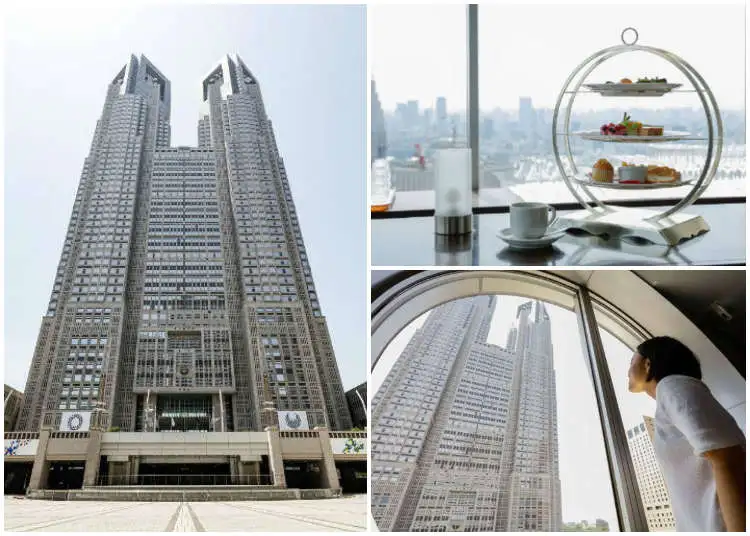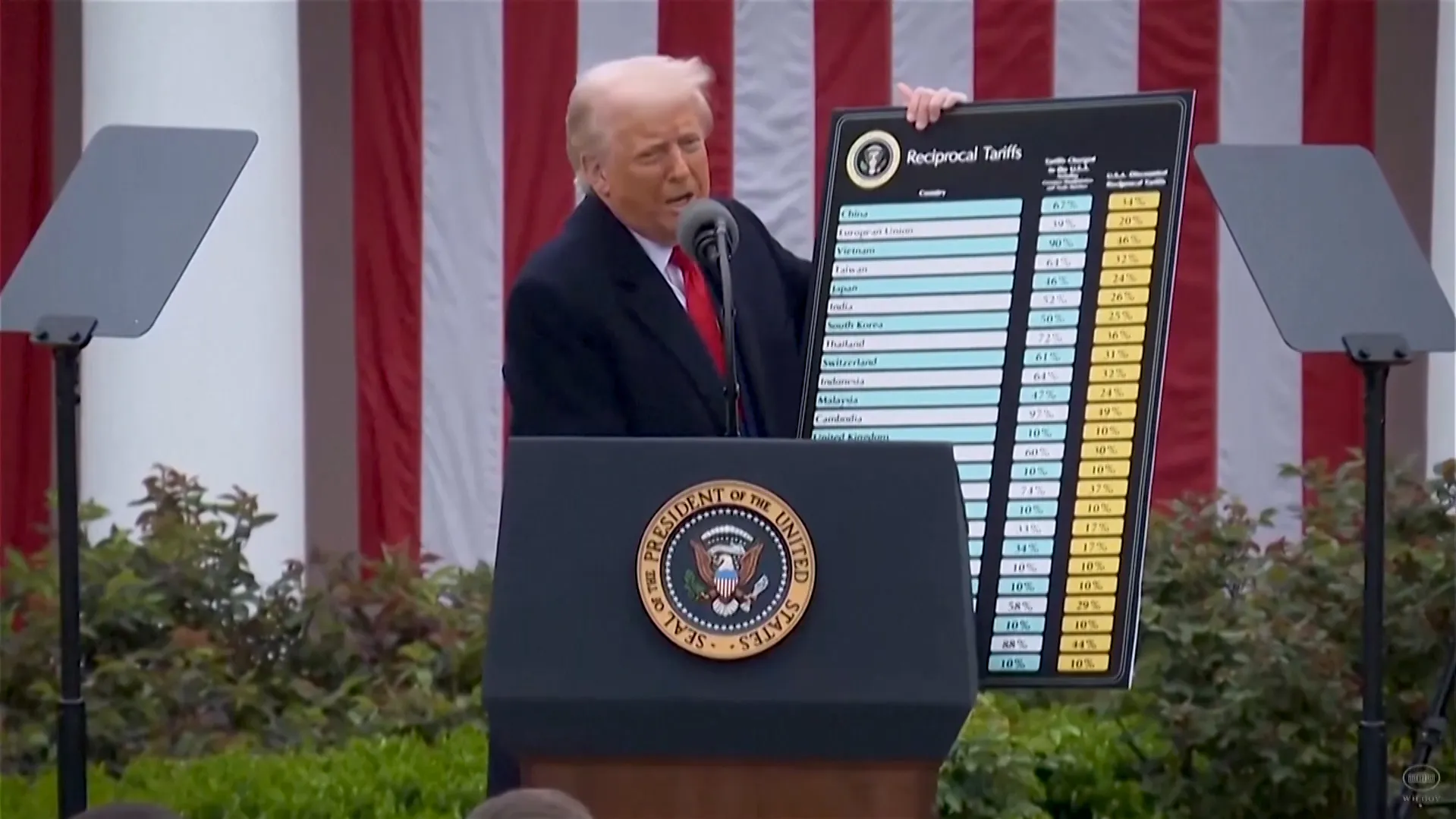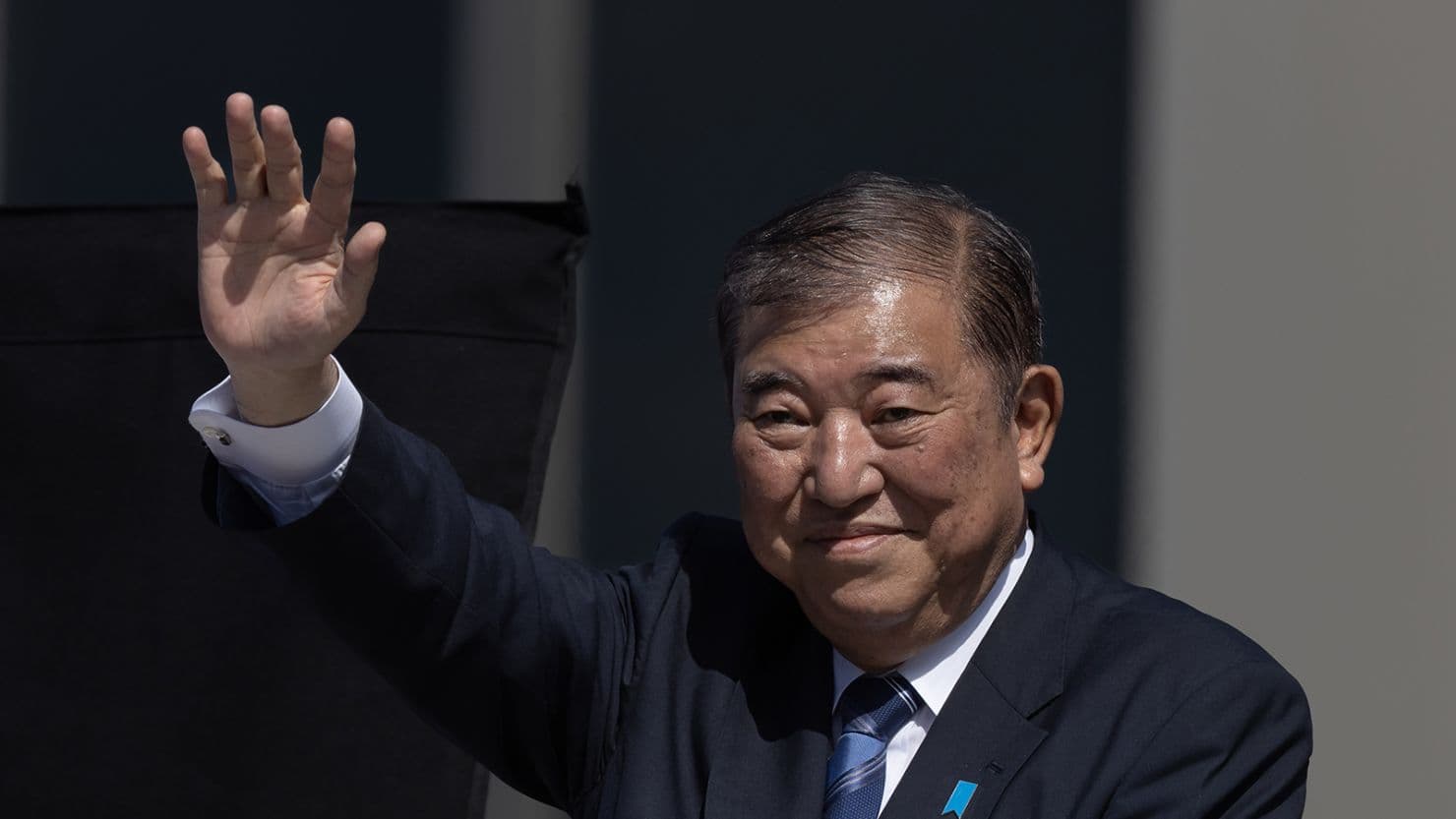In a shocking escalation of international tensions, Prime Minister Shigeru Ishiba has been forced into a corner as President Donald Trump threatens to impose a staggering 25% tariff on all Japanese products. This aggressive move, set to take effect on August 1, 2025, is not just a matter of economic policy but a direct affront to Japan’s sovereignty and its democratic governance.
Ishiba’s Defiant Response Highlights Political Vulnerability
During a campaign rally in Funabashi, Chiba Prefecture, Ishiba declared, "This is a battle for national interests. We will not be disrespected." Such rhetoric is rare for a Japanese prime minister, particularly when addressing the United States, Japan"s closest ally. The urgency of his remarks reflects the precarious position of the ruling Liberal Democratic Party (LDP) as they prepare for the Upper House elections on July 20. According to Reuters, Ishiba’s government is already grappling with rising rice prices, adding to the pressure as they face an uphill battle to retain their majority.
Trump’s Tariff Threat Exposes Weaknesses in Trade Negotiations
The looming 25% tariff has sent shockwaves through Japan"s economy, which is heavily reliant on its trade relationship with the U.S. Ishiba had hoped for a last-minute deal to quell Trump’s tariff threats, especially regarding automobiles. However, the lack of any substantial progress in negotiations has left him scrambling for a united front against an increasingly aggressive Washington. As reported by Brookings, Japan"s diplomatic strategy is unraveling under the weight of Trump’s unpredictable trade policies.

Must-visit places in Tokyo: Tokyo Metropolitan Government ...
Opposition Parties Capitalize on Political Turmoil
Opposition leaders are seizing the moment to attack Ishiba’s handling of U.S. relations. Yoshihiko Noda, leader of the Constitutional Democratic Party of Japan, stated at a rally, "The goal is getting further away, and the hurdles are getting higher," criticizing the government for failing to secure a favorable trade deal. Meanwhile, Yuichiro Tamaki of the Democratic Party for the People raised questions about the nature of U.S.-Japan relations, highlighting the breakdown in trust and communication. This political landscape underscores how the tariff threats have become a potent weapon in election campaigning.
U.S. Tariff Policy Reflects Broader Political Dynamics
Trump’s decision to impose tariffs is not merely an isolated event but is indicative of a larger strategy aimed at reshaping global trade dynamics. This aggressive stance has implications not just for Japan but for the entire Indo-Pacific region. Increased tariffs could deepen economic disparities and disrupt local economies, which are already reeling from the global pandemic. The potential fallout could exacerbate civil rights issues, as vulnerable populations may bear the brunt of economic strain. According to The New York Times, the negotiations have reached a standstill, leaving Japan in a precarious position.

What President Trump"s pause on some tariffs means for your wallet
The Role of Civil Rights in Economic Policies
This unfolding crisis highlights the intersection of economic policy and civil rights. The imposition of tariffs could lead to job losses and economic hardship, particularly affecting marginalized communities in Japan. These groups are already disproportionately impacted by economic policies, and further instability could threaten their livelihoods and rights. As a civil rights advocate, it is imperative to recognize how economic decisions resonate within the broader context of democratic governance and social justice.



![[Video] Gunfire between Iraqi security forces and Sadr militias in Baghdad](/_next/image?url=%2Fapi%2Fimage%2Fthumbnails%2Fthumbnail-1768343508874-4redb-thumbnail.jpg&w=3840&q=75)
